Science as we’ve come to understand it today – that is, conducting experiments using a hypothesis-testing method – has existed only since about the 17th century. But the Homo sapiens brain has been around since the Pleistocene, so how is it that we’ve gotten so good at the kind of science we do in such a short amount of time? In this interview with Robert Lawrence Kuhn from the PBS series Closer to Truth, the US psychologist and philosopher Alison Gopnik argues that scientific skills, including making statistical inferences and testing our environments through trial and error, are implicit in children, even those as young as 20 months. Drawing on research conducted at her laboratory at the University of California, Berkley, Gopnik believes that the fundamentals of scientific thinking appear in humans just about as soon as we start to speak. In other words, as she puts it: ‘It’s not that children are little scientists, it’s actually that scientists are big children.’
What toddlers can teach us about how the human brain does science
Video by Closer to Truth
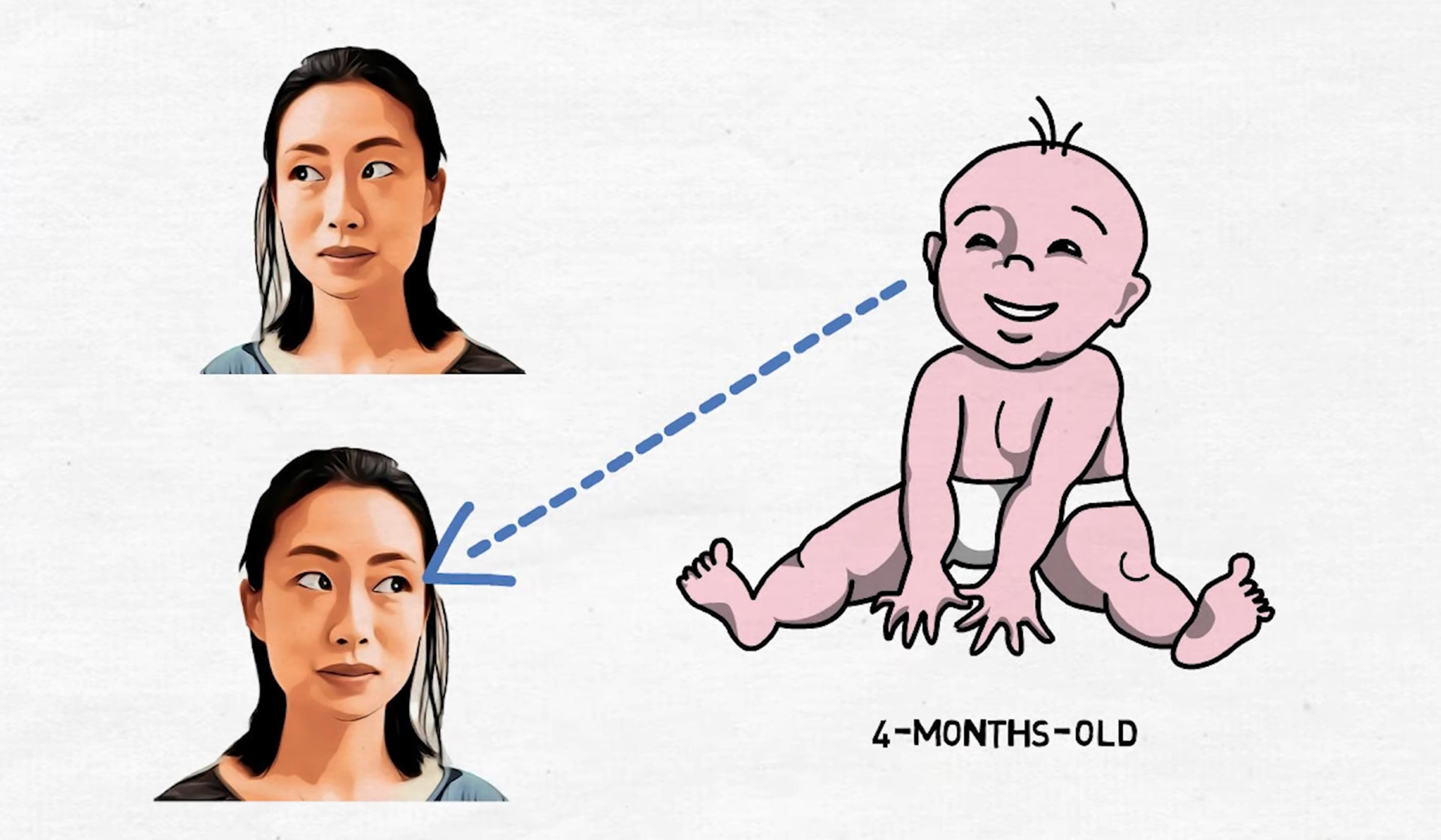
videoPhilosophy of mind
Forget babbling and toddling – mindreading is babies’ most incredible skill
7 minutes

videoHistory of science
The ‘dangerous nonsense’ of phrenology shows how pseudoscience takes hold
4 minutes

videoPhilosophy of mind
Caring for the vulnerable opens gateways to our richest, deepest brain states
7 minutes
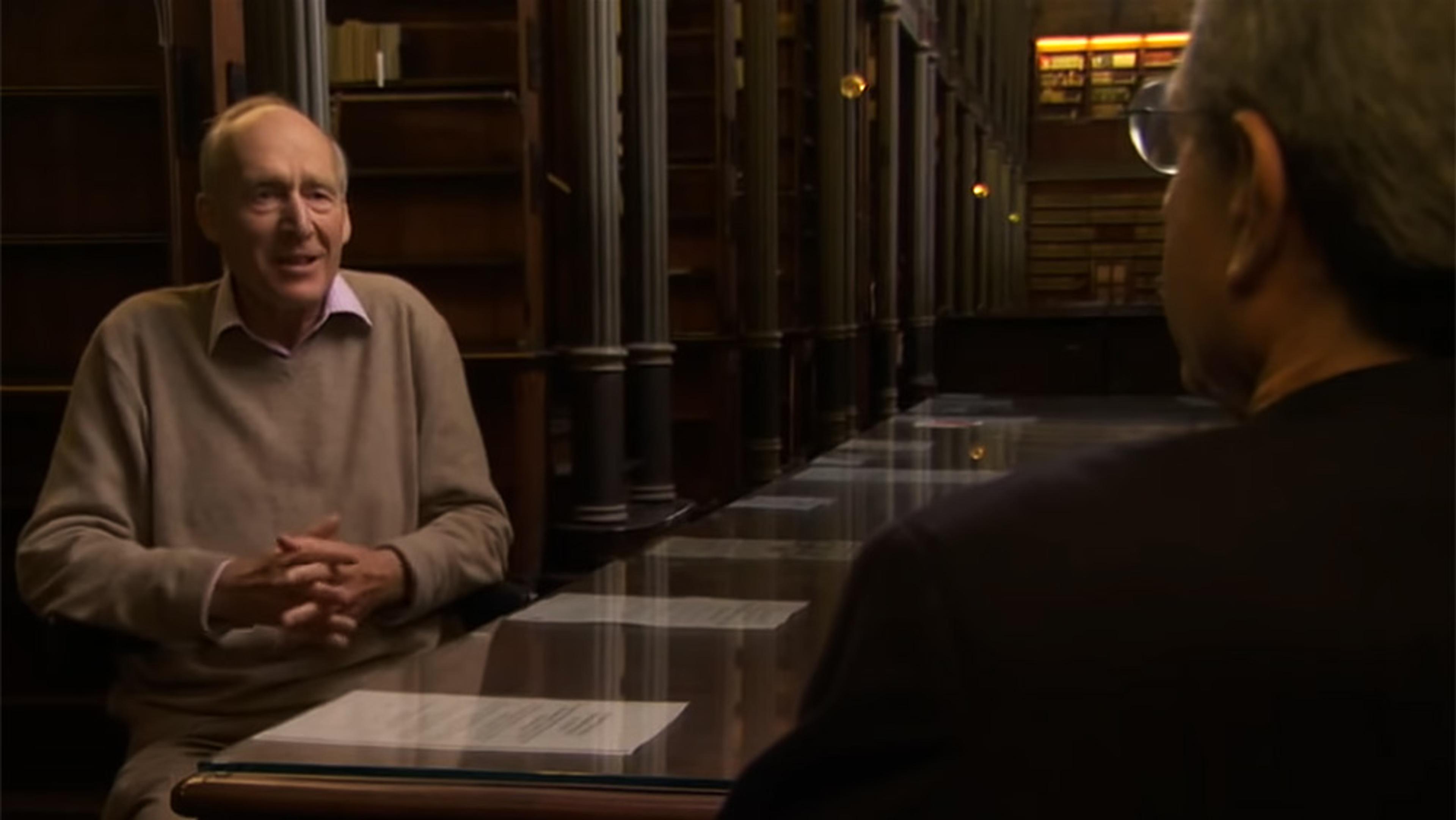
videoHistory of ideas
From sky charts to atomic clocks, time is a mysterious story that humans keep inventing
8 minutes
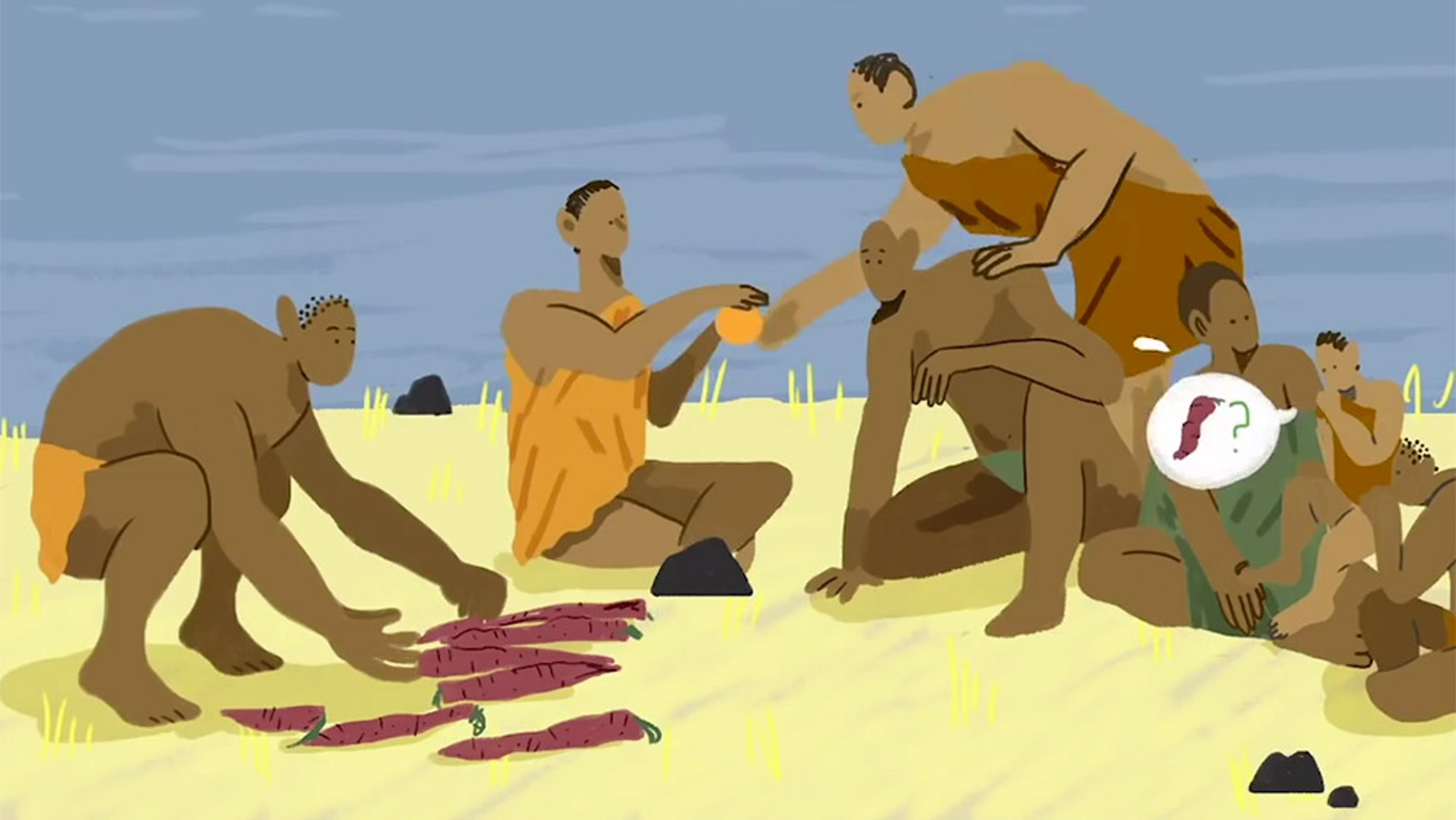
videoHuman evolution
Could grandmotherly love help to explain how we became human?
3 minutes
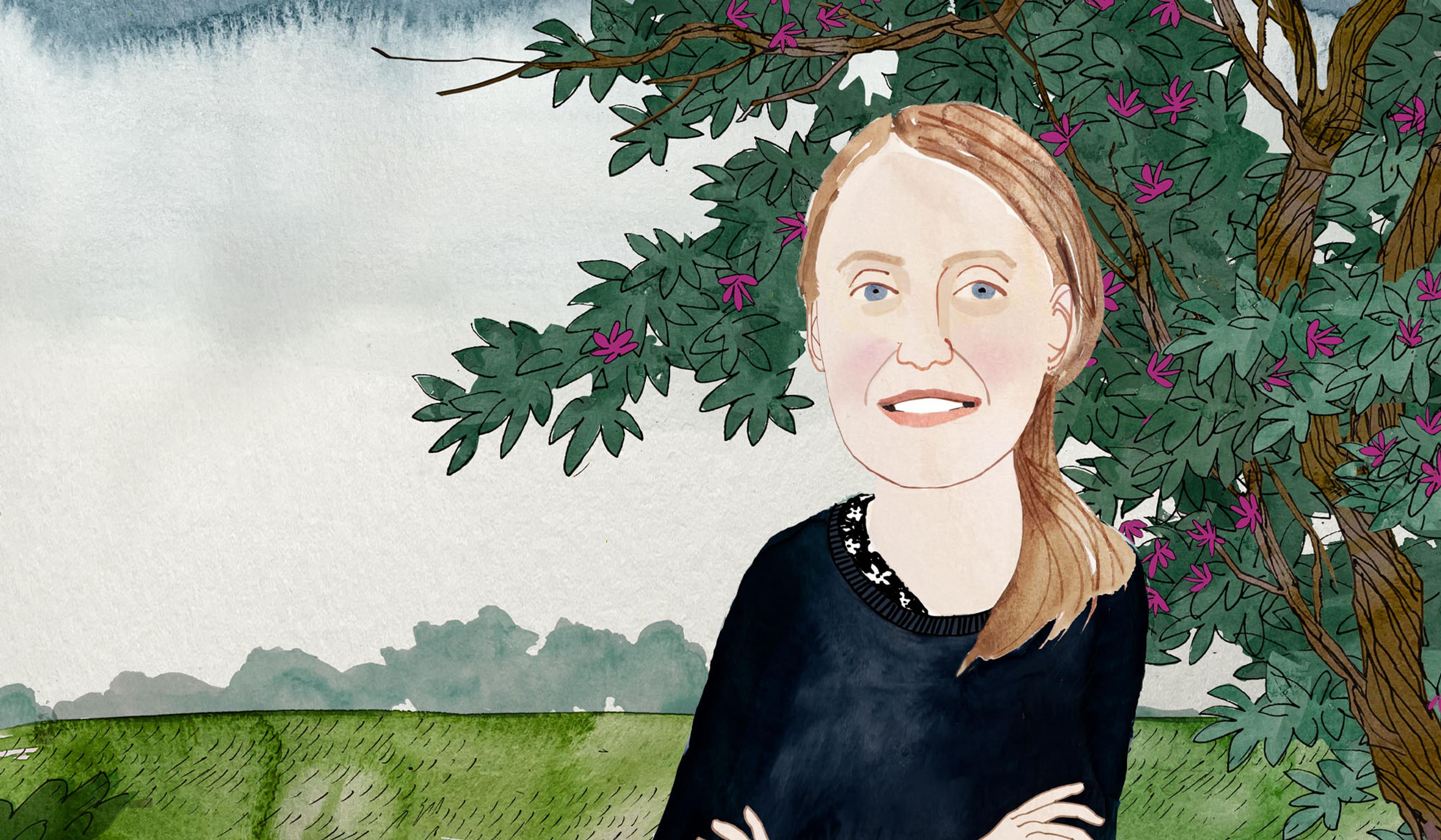
videoCognition and intelligence
How a ‘periodic table’ of animal intelligence could help to root out human bias
5 minutes
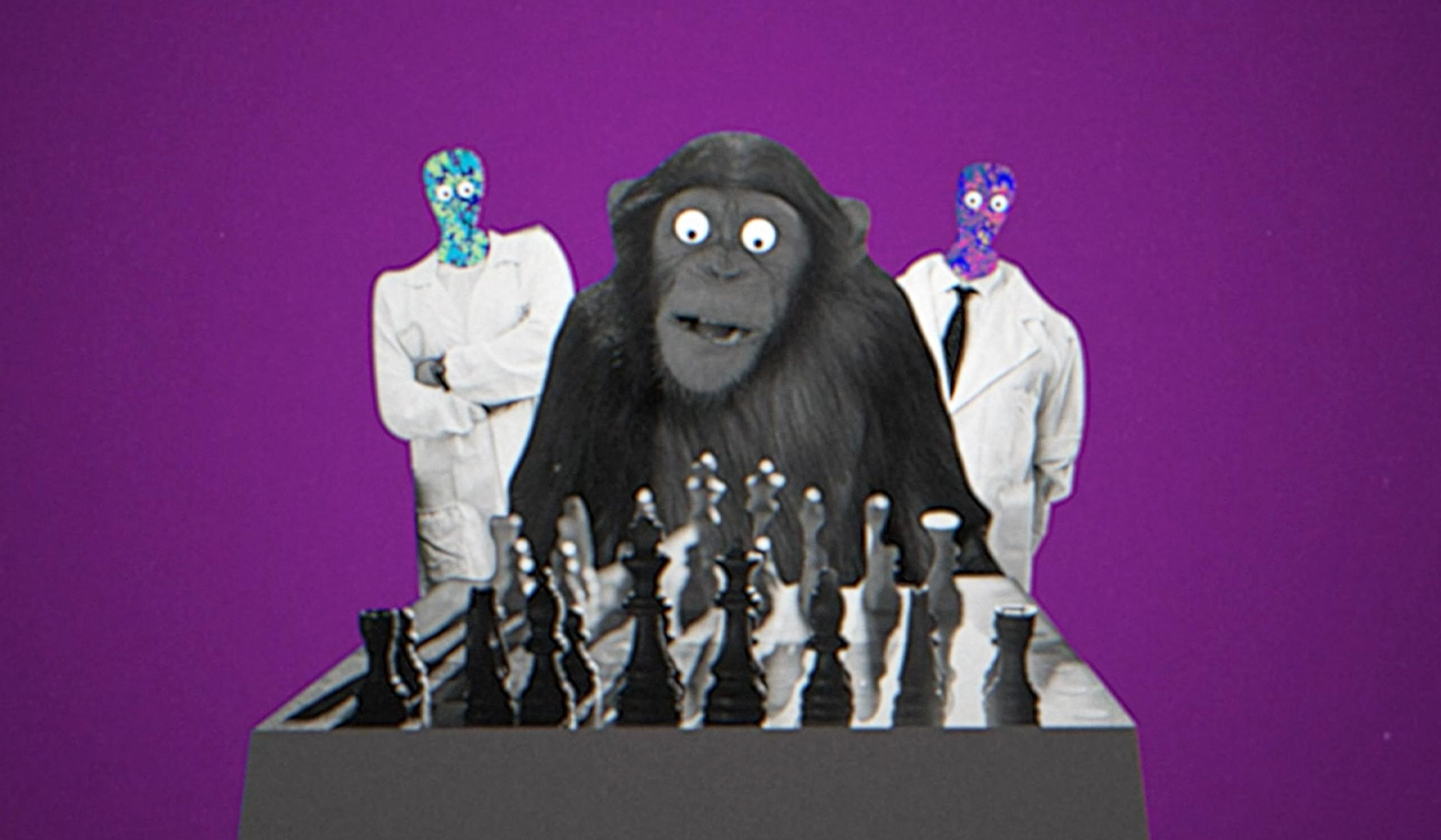
videoEvolution
Why making if-then connections might be the key to consciousness
5 minutes

videoCognition and intelligence
Leaping from firing neurons to human behaviour is tempting, but it’s a perilous gap
3 minutes
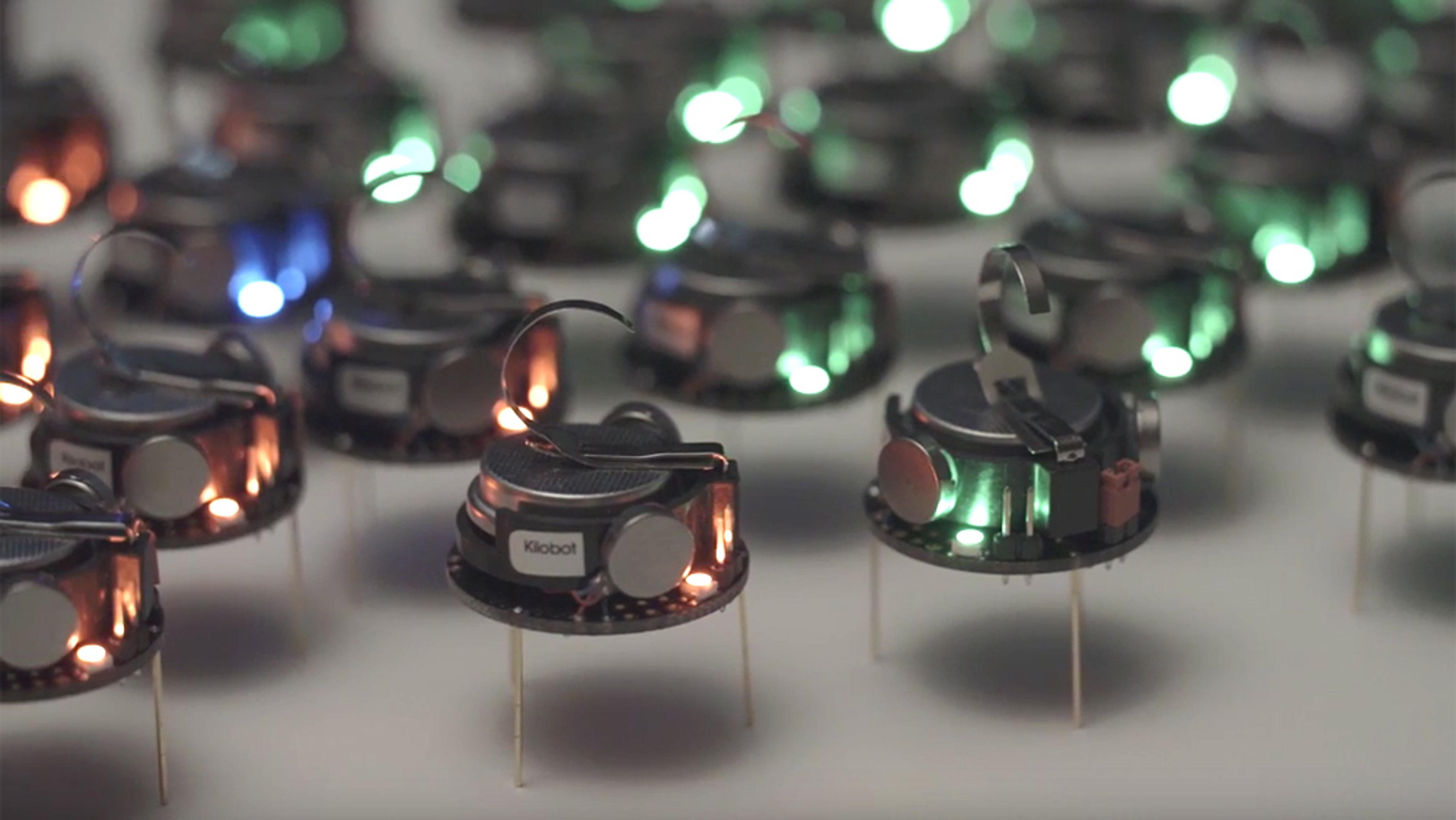
videoBioethics
The mini robots that may show how to ‘programme’ cells for improved performance
4 minutes